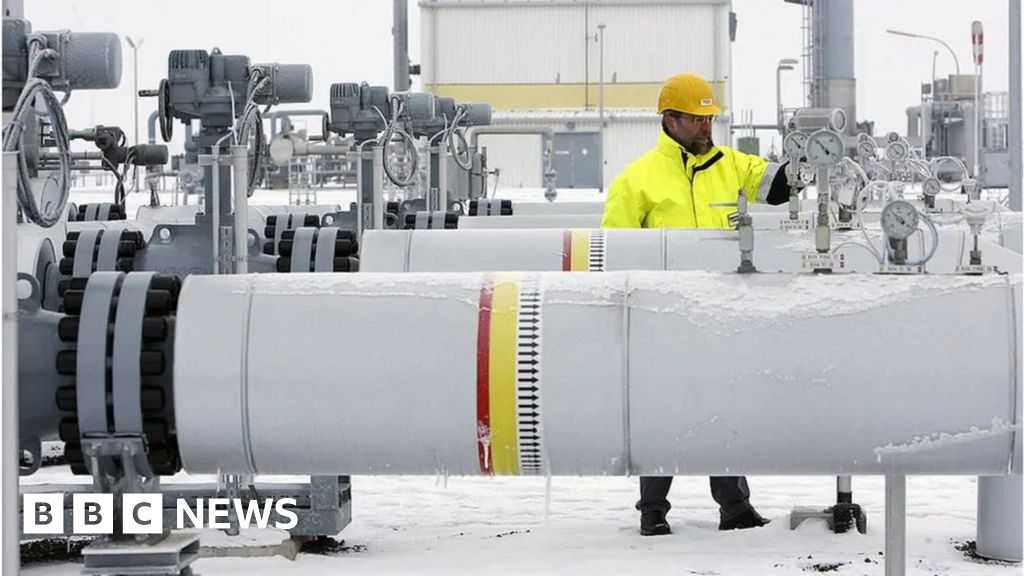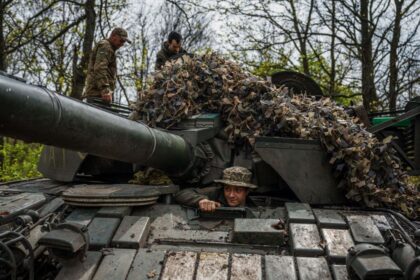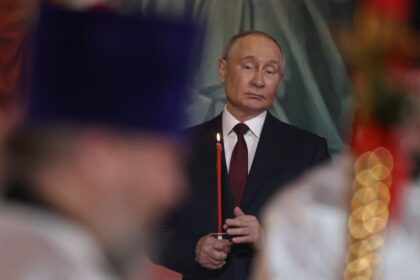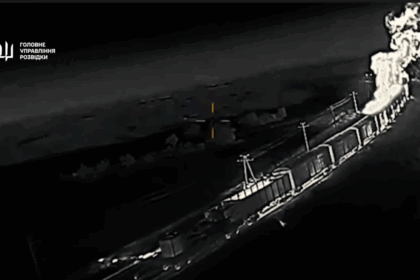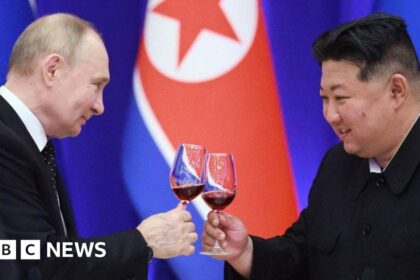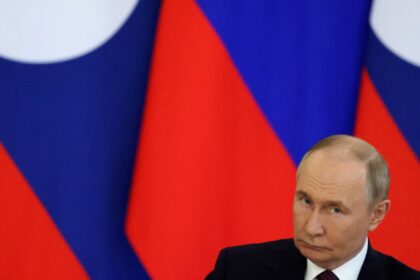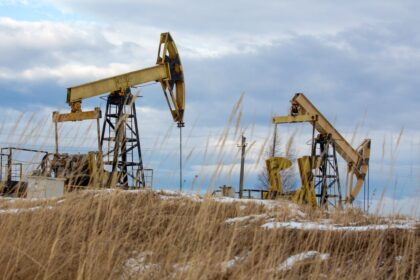**EU Aims to End Russian Energy Reliance by 2027**
The European Commission has released a roadmap outlining its plans to break free from Russia’s energy dominance. By the end of 2027, all EU member states will be banned from importing Russian gas and liquefied natural gas.
According to European Commissioner for Energy Dan Jorgensen, this move is a crucial step towards ending Russia’s ability to use energy as a weapon against Europe. “No more will we permit Russia to weaponise energy against us… No more will we indirectly help fill up the Kremlin’s war chests,” he said in a news conference.
However, the Kremlin has responded by saying that Europe is “shooting itself in the foot.” This disagreement highlights the complexities of the EU’s energy relations with Russia. While the bloc has made significant progress in reducing its dependence on Russian energy since 2022, it still imports a substantial amount from Russia.
**Phasing Out Russian Energy**
Under the plans, EU member states will be required to submit national strategies for phasing out Russian gas, nuclear fuel, and oil imports by the end of 2027. This includes replacing Russian oil imports and outlining strategies for ending reliance on Russia for uranium, enriched uranium, and other nuclear materials.
The European Commission hopes that by enhancing energy efficiency, accelerating renewable energy deployment, and diversifying supplies, Europe can move away from Russian gas entirely. However, more work is needed to reduce the bloc’s reliance on Russian nuclear supplies, products, and services.
**A Gradual Transition**
Jorgensen emphasized that measures to phase out Russian energy will be “stepwise and gradual” to minimize the impact on the EU. The roadmap also includes plans to target Russia’s use of “shadow fleets” – oil tankers with obscure ownership and insurance – to bypass sanctions.
While progress has been made in reducing EU dependence on Russian energy, more work is needed to ensure a secure and sustainable energy future for Europe.
**Commentary**
The EU’s decision to phase out Russian energy by 2027 reflects its commitment to strengthening economic security and undermining Russia’s war economy. However, the path ahead will be challenging, particularly for countries heavily reliant on Russian energy.
As the world moves towards cleaner and more sustainable energy sources, it’s essential that Europe takes a lead in phasing out fossil fuels and nuclear energy from Russia. This move will not only benefit European economies but also contribute to global efforts to reduce greenhouse gas emissions.
**What’s Next?**
The EU’s roadmap marks an important step towards reducing its reliance on Russian energy. However, the journey ahead will require cooperation, commitment, and investment in alternative energy sources.
As Europe works towards a more sustainable future, it’s crucial that member states prioritize energy efficiency, renewable energy deployment, and supply diversification. By doing so, they can ensure a secure and prosperous energy future for generations to come.
Read More @ www.bbc.com




